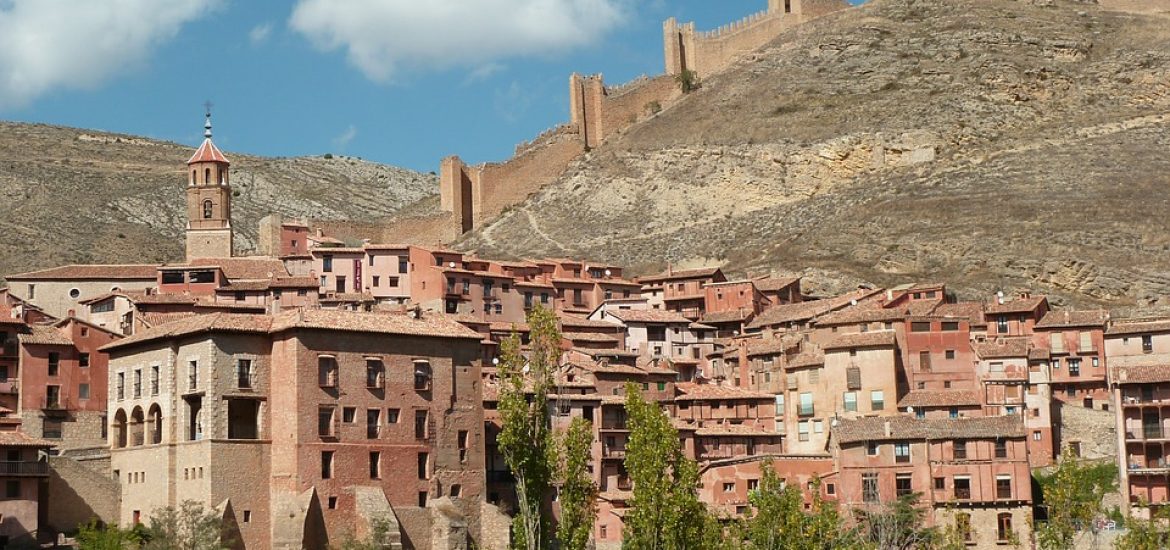
Spain earlier this month cancelled the controversial “tax on the sun” in measures aimed at tackling rising electricity costs and enabling more households to install panels.
A royal decree law (RDL) was issued in a legal manoeuvre allowing the minority Socialist administration to rush emergency regulations into action and then debate the moves at a later date.
On October 18, Spain’s Congress of Deputies voted to admit legislation as the right-of-centre People’s Party (Partido Popular), which introduced the solar tax in October 2015, abstained from the vote.
There will now be a lengthy consultation period on the law and if no agreement can be reached, the RDL will stay in place. This remains likely until a general election can alter the current parliamentary deadlock in Madrid.
The law includes a six-month end to two types of electricity generation tax, which could help reduce power bills by a projected 4 per cent, and an extension of household eligibility for a state-sponsored energy discount called the social bonus.
The central thrust of the legislation, however, was the relaxation of regulations on renewable energy self-consumption, which has been held back since 2015 because of the Popular Party’s legislation.
The so-called tax on the sun was a convoluted set of tolls and charges applied to grid-connected, behind-the-meter distributed generation and storage assets, with the official justification of preventing renewables from overloading the Spanish grid.
Uncertainty around the tax largely halted photovoltaic installation, although most Spanish households could have installed panels without paying the tax.
The legislation only applied to sites generating more than 10 kilowatts, which is more than twice the average power rating of the average home in the sun-kissed country.
But administrative requirements deterred many potential investors in panels.
“We never paid a cent of the tax on the sun, but the administrative burden was massive, which increased the cost of installations,” said Daniel Pérez of Holaluz, a renewable energy retailer.
He said one member of staff on his team of 10 was working full-time on sun tax paperwork requirements.
Panel costs have fallen significantly since 2015, while Spanish electricity prices are at their highest rate in a decade.
Solar success
Meanwhile, German renewables firm BayWa has completed what it claims is Spain’s first photovoltaic self-consumption installation.
The 288-kilowatt roof installation at the agricultural Pastores Grupo Cooperativo will run its lamb-processing factory in Zaragoza and is expected to save €700,000 on energy costs over the next 25 years.
The site includes Huawei inverters and Longi panels mounted on a reinforced roofing developed by Novetegrato withstand elevated Zaragoza’s strong winds.
Spain’s housing stock has not taken sufficient advantage of the Iberian sun. Picture credit: Pixabay





